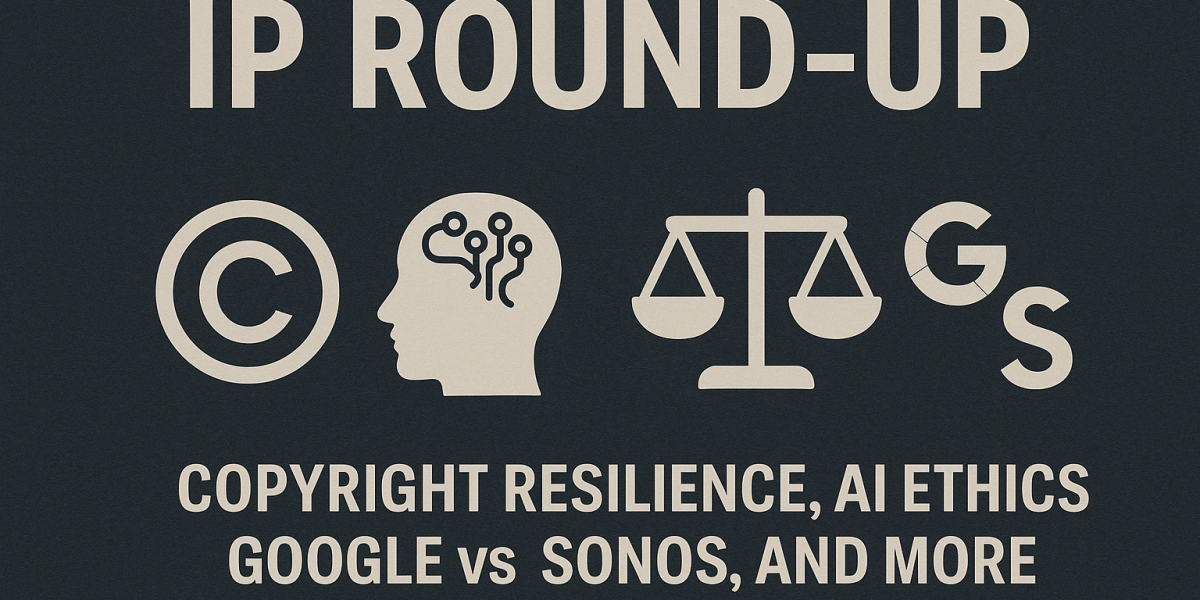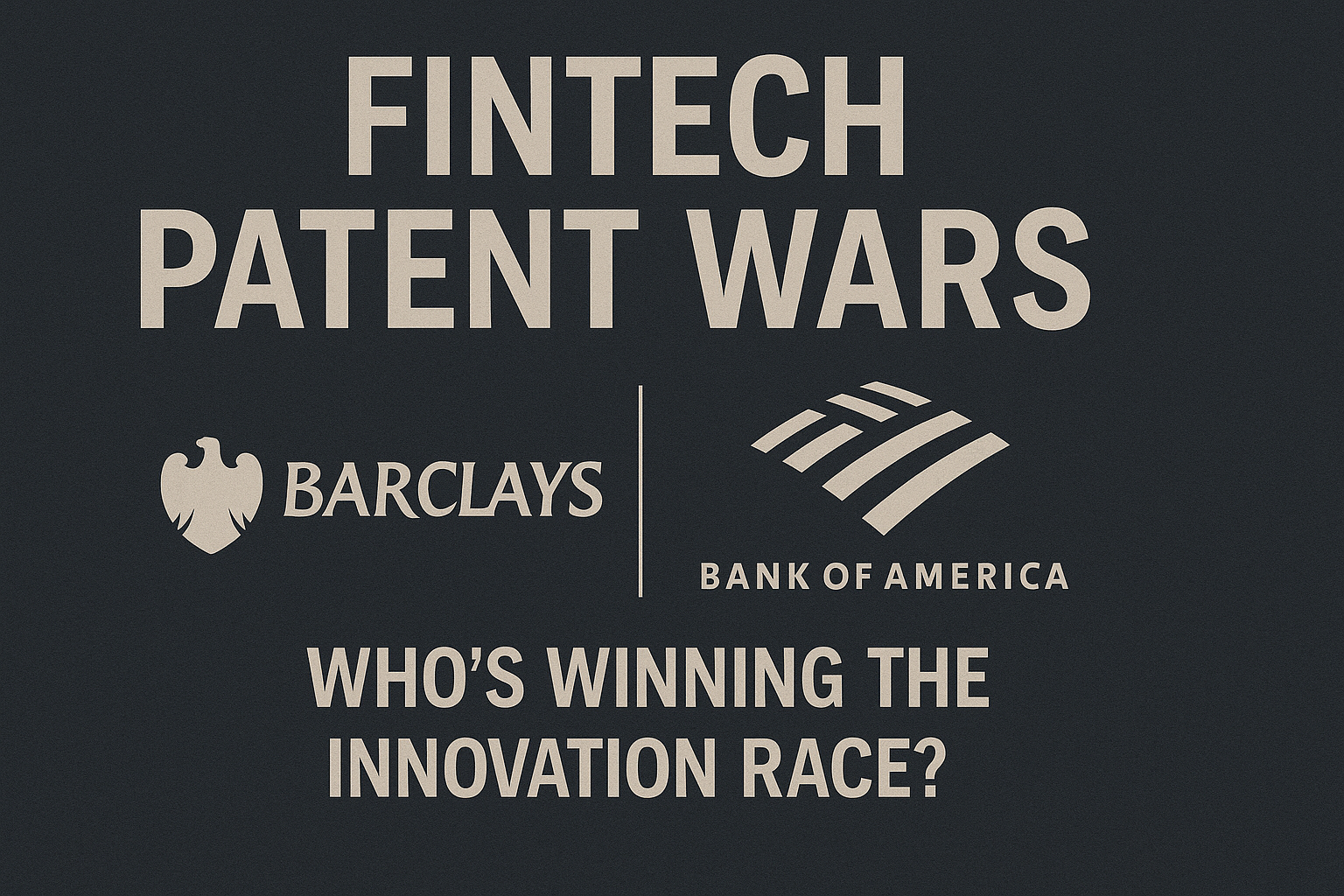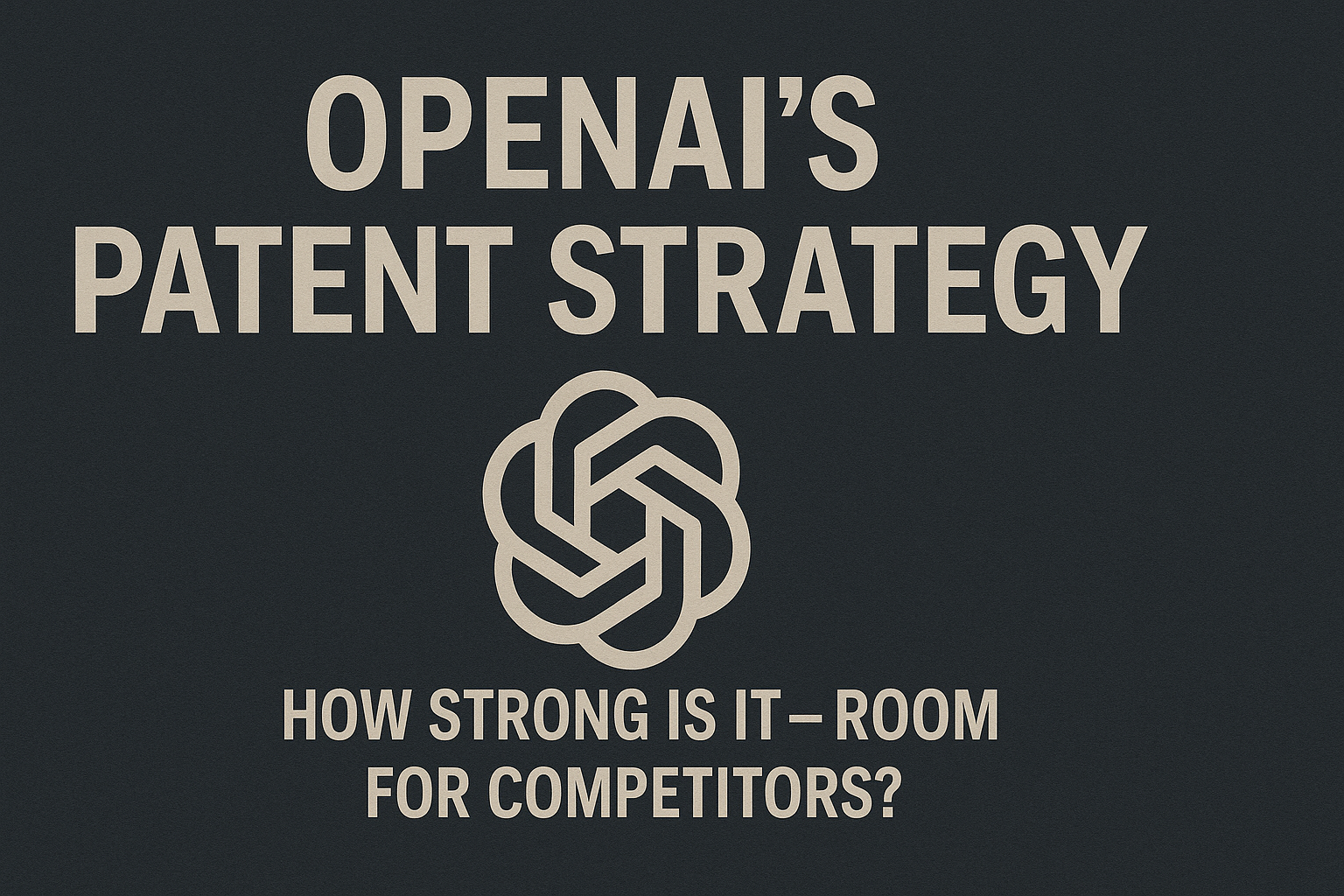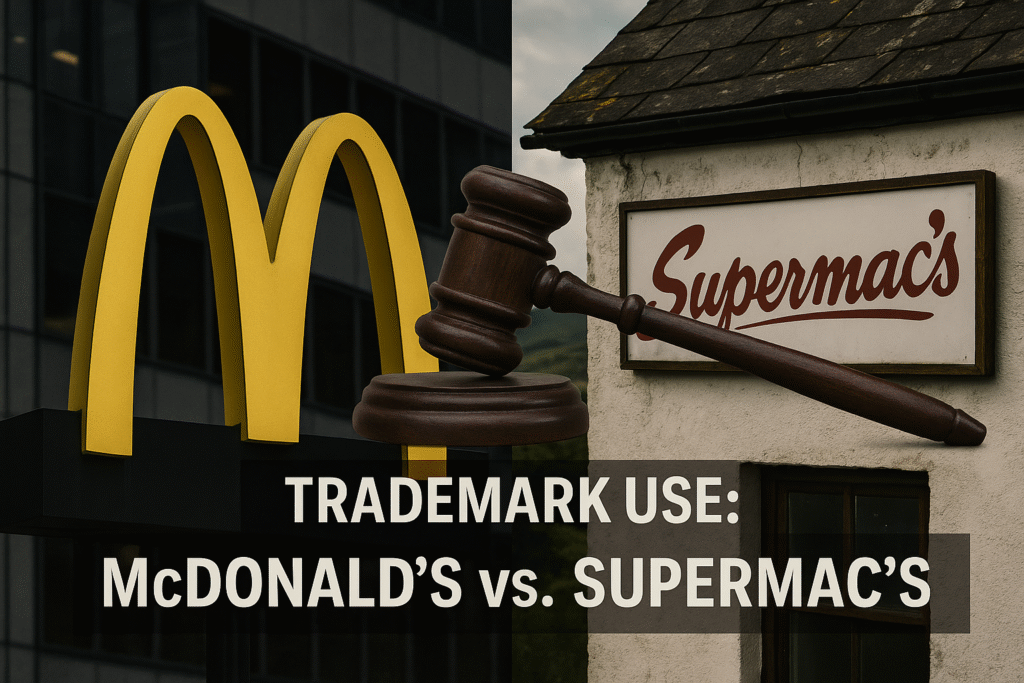Each week, we spotlight key developments shaping the world of intellectual property, innovation, and policy. This edition offers a compelling mix—from the fallout of AI voice replication controversies to court decisions that could redefine contract enforcement and patent validity.
🎤 AI Voice vs Celebrity Identity: OpenAI Pulls ChatGPT Voice Amid Scarlett Johansson Controversy
One of the most high-profile stories this week came from the intersection of AI and likeness rights. Actor Scarlett Johansson voiced public outrage over the new female voice used in ChatGPT 4.0, claiming it bore an uncanny resemblance to her portrayal in the sci-fi film Her. According to Johansson, she had declined multiple requests by OpenAI CEO Sam Altman to participate in the project. Despite her refusal, the released voice, nicknamed “Sky,” sparked widespread commentary about unauthorized use of vocal likeness.
OpenAI swiftly responded by pulling the voice and stating that it was never intended to mimic any specific celebrity. However, this raises a pressing question for the legal community: Do current copyright or personality rights laws sufficiently protect voice likeness in the AI age?
⚖️ HSLannce Insight: While visual likeness and names are traditionally protected under publicity rights, voice replication by generative AI presents a grey area globally. Countries like India may need to legislate clearer guardrails to prevent identity misuse.
📊 Copyright Industry Rebounds Post-COVID, Says U.S. Copyright Office
A recent study from the U.S. Copyright Office (USCO) titled The Resilience of Creativity revealed that copyright-dependent industries—including publishing, music, broadcasting, and software—demonstrated stronger recovery after the COVID-19 economic downturn compared to broader U.S. economic indicators.
While 18 sectors saw substantial disruptions during the pandemic, the report highlighted a quicker rebound in creative sectors, signaling the importance of IP-backed revenue models in modern economies.
💡 HSLannce Takeaway: For jurisdictions like India where creative professionals lack structural safety nets, the U.S. example underlines the urgency to strengthen copyright enforcement and innovation-driven policy frameworks.
🧑⚖️ Pro Bono IP Work Recognized by USPTO
On May 22, the USPTO awarded its Patent Pro Bono Achievement Certificate to practitioners and firms offering free legal support to inventors and small businesses. The Patent Pro Bono Program, launched in 2015, aims to make patent protection accessible for underrepresented communities and lower-income innovators.
🛠 Global Relevance: While India has similar incubation and IP facilitation programs under Startup India, the creation of a structured pro bono patent system could greatly benefit grassroots inventors.
⚖️ Google’s Patent Battle with Sonos Continues: CAFC Rejects Revival Attempt
In a blow to tech giant Google, the U.S. Court of Appeals for the Federal Circuit (CAFC) upheld the Patent Trial and Appeal Board’s invalidation of claims in a Google patent. The ruling is part of the ongoing legal dispute between Google and speaker brand Sonos, which has accused Google of infringing multiple patents related to smart speaker technologies.
Google had hoped to revive the invalidated claims to strengthen its counterclaims, but CAFC affirmed the PTAB’s earlier decision.
🔍 HSLance Legal Angle: This case underscores the importance of airtight claim drafting and robust prior art analysis, especially when IP assets are central to high-stakes litigation. For startups, the takeaway is clear—your patent portfolio is only as strong as its prosecution history.
🧬 Henrietta Lacks Estate Lawsuit to Proceed Against Biopharma Firm
A Maryland federal judge ruled this week that the estate of Henrietta Lacks can move forward with a lawsuit against biopharma company Ultragenyx, alleging unjust enrichment. The case centers on HeLa cells, derived without consent in 1951, which became foundational for decades of medical research.
The estate seeks a permanent injunction and transfer of related IP rights and profits.
🌍 Legal-Ethical Nexus: This landmark case may become a pivotal point in debates surrounding informed consent, biospecimen ownership, and IP rights in biomedical research.
🏛 Supreme Court Sides with Users in Coinbase Arbitration Dispute
In a unanimous decision, the U.S. Supreme Court ruled that courts—not arbitrators—should decide which contract governs a dispute when multiple agreements are in place. The case involved Coinbase users who had signed two separate agreements—one for general use and one specific to a Dogecoin sweepstakes.
This decision could affect future enforcement of arbitration clauses, especially in tech platforms where layered user agreements are common.
📈 NVIDIA Posts Record Revenue, Surges Past $2.5 Trillion Market Cap
AI chipmaker NVIDIA announced staggering Q1 results, with revenue surging by 262% year-over-year to hit $260 million, fueled by soaring demand for AI infrastructure. The company’s valuation crossed $2.5 trillion, driven by investments in both hardware and AI model development.
🤖 Future Outlook: With AI dominating both product and IP portfolios, companies must invest in protecting not just hardware IP, but also data architecture, model training processes, and licensing mechanisms.
🏭 Senate Report Flags Forced Labor Risks in Auto Imports
The U.S. Senate Finance Committee accused major automakers BMW, Jaguar, and Volkswagen of importing components linked to forced labor in China. The Committee has urged stronger enforcement by U.S. Customs, adding pressure on global supply chains to uphold ethical sourcing practices.
📢 Compliance Alert: With global ESG norms tightening, companies must integrate human rights due diligence into their supply chain risk assessment and IP ownership evaluations.
🧑💼 USPTO Opens Nominations for PPAC & TPAC Committees
The USPTO is inviting nominations for three seats each on its Patent Public Advisory Committee (PPAC) and Trademark Public Advisory Committee (TPAC). These advisory bodies play a key role in shaping U.S. IP policy and operations. Terms begin in December 2024, and nominations are open until July 5, 2024.
🔬 Upcoming DOJ-Stanford Workshop on AI & Competition – May 30
The U.S. Department of Justice and Stanford University will co-host a workshop focused on competition and innovation in AI, bringing together regulators, researchers, and industry leaders. Topics will include bottlenecks in access to compute, licensing standards, and content creator rights in the age of generative AI.
📌 Final Thoughts
From landmark court rulings to ethical debates around AI, this week’s headlines highlight a common theme: the evolving boundaries of IP law in a rapidly digitizing world. For creators, businesses, and legal practitioners, staying proactive and adaptive is no longer optional—it’s essential.
🔗 For More Information:
Full article available at IPWatchdog






